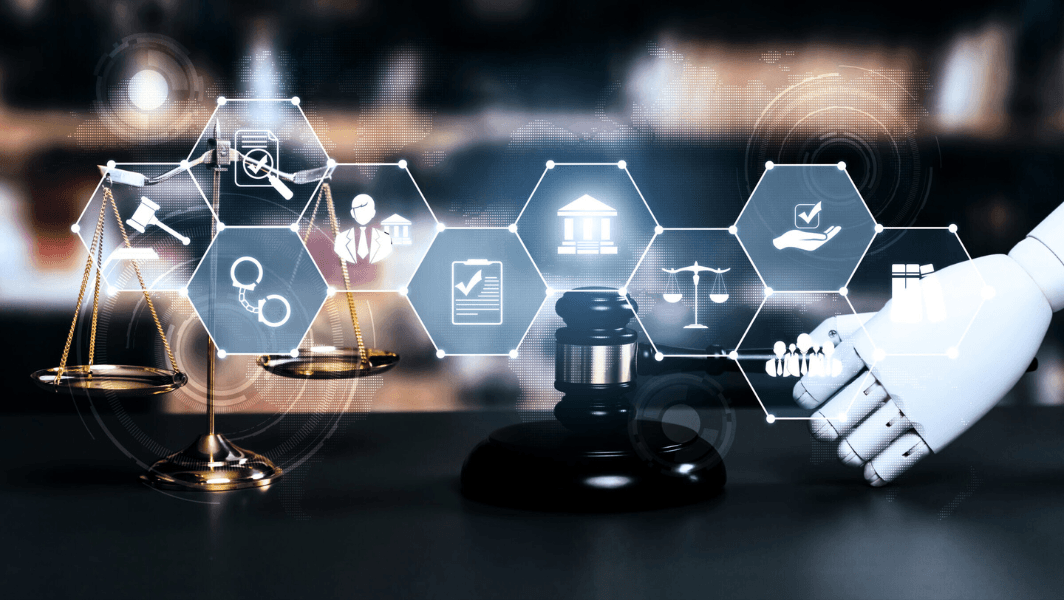
Global Litigation Trends Highlight Challenges in Regulating AI Technologies
Navigating Legal Complexities in the Age of Artificial Intelligence
Artificial intelligence (AI) has become one of the most transformative technologies of the 21st century, revolutionizing industries such as healthcare, finance, education, and entertainment. However, its rapid adoption has given rise to a complex web of legal challenges, leading to an increase in global litigation. Legal systems around the world are now facing the task of balancing technological innovation with the need for ethical guidelines, user protection, and regulatory oversight.
Key Issues Driving AI-Related Litigation
The surge in AI-related lawsuits highlights the multifaceted legal challenges posed by this technology. Some of the most prominent issues include:
-
Intellectual Property (IP) Disputes
AI systems often rely on large datasets for training, and the use of copyrighted material without authorization has become a contentious issue. Companies like OpenAI, Stability AI, and others have faced lawsuits for allegedly scraping copyrighted content to train their models. These cases raise questions about the boundaries of fair use and copyright infringement in the context of AI development.
-
Data Privacy Concerns
As AI systems process vast amounts of personal data, privacy violations are becoming a major concern. Cases have been filed against companies accused of using personal data without user consent to train algorithms. These lawsuits underscore the need for robust data protection laws, particularly in countries with less stringent regulations.
-
Algorithmic Bias and Discrimination
Litigants have also raised concerns about bias and discrimination in AI algorithms, especially in sectors like hiring, lending, and law enforcement. For example, AI-driven hiring tools have been accused of perpetuating gender and racial biases. Such cases spotlight the ethical challenges of AI and the potential societal harm caused by unregulated or poorly designed systems.
-
Liability for AI Decisions
One of the most debated legal issues is determining liability for harm caused by AI decisions. In industries like autonomous vehicles and healthcare, where AI-driven tools are increasingly used, questions arise about who should be held responsible for errors or accidents: the developer, the user, or the AI itself?
Global Push for AI Regulation
In response to these challenges, countries are beginning to establish frameworks to regulate AI. However, the approach varies widely:
-
The European Union: The EU has taken a proactive stance with the introduction of the AI Act, which aims to categorize AI systems based on their risk levels and establish rules for their use. This legislation is expected to set a global benchmark for AI regulation.
-
The United States: While the U.S. does not yet have comprehensive AI-specific legislation, federal agencies like the Federal Trade Commission (FTC) have started cracking down on unethical AI practices, particularly in the areas of data privacy and consumer protection.
-
Asia and the Middle East: Countries like China and the UAE are rapidly adopting AI technology and introducing regulations to govern its use. However, these frameworks often prioritize economic growth and technological leadership over strict user protections, leading to concerns about enforcement and oversight.
Emerging Trends in AI Litigation
As AI becomes more ingrained in society, the scope of litigation is likely to expand. Key trends include:
-
Class-Action Lawsuits: With more individuals affected by AI-related decisions, class-action lawsuits are becoming more common. These cases have the potential to create significant financial and reputational risks for companies.
-
Cross-Border Disputes: Since AI technologies are often developed and deployed globally, cross-border litigation is on the rise. This highlights the need for international cooperation and harmonization of laws to address jurisdictional challenges.
-
Ethical AI Certifications: As businesses look to mitigate legal risks, there is growing interest in ethical AI certifications and compliance standards. Companies adopting such practices may gain a competitive advantage in the face of increasing regulatory scrutiny.
The Way Forward: Balancing Innovation and Accountability
The rise in AI-related litigation serves as a wake-up call for governments, corporations, and developers to address the legal and ethical challenges posed by AI. Key areas of focus should include:
-
Developing Clear Regulations: Governments must create comprehensive legal frameworks that address the unique challenges posed by AI, including intellectual property, privacy, and liability concerns.
-
Promoting Transparency: Companies should prioritize transparency in AI systems, ensuring users understand how decisions are made and what data is being used.
-
Encouraging International Cooperation: Given the global nature of AI, international collaboration is essential to harmonize regulations and address cross-border challenges.
-
Investing in Ethical AI Development: Developers must prioritize fairness, accountability, and transparency in AI design to minimize risks of bias, discrimination, and other ethical violations.
Conclusion
The intersection of AI and law is still in its infancy, but the rapid growth of litigation indicates the urgent need for robust governance frameworks. While legal challenges may slow the pace of innovation in the short term, they also present an opportunity to establish ethical practices that benefit society as a whole.
As governments, corporations, and legal experts navigate these uncharted waters, the goal must be to strike a balance between fostering innovation and ensuring accountability, fairness, and the protection of individual rights.
For any enquiries or information, contact info@thelawreporters.com or call us on +971 52 644 3004. Follow The Law Reporters on WhatsApp Channels